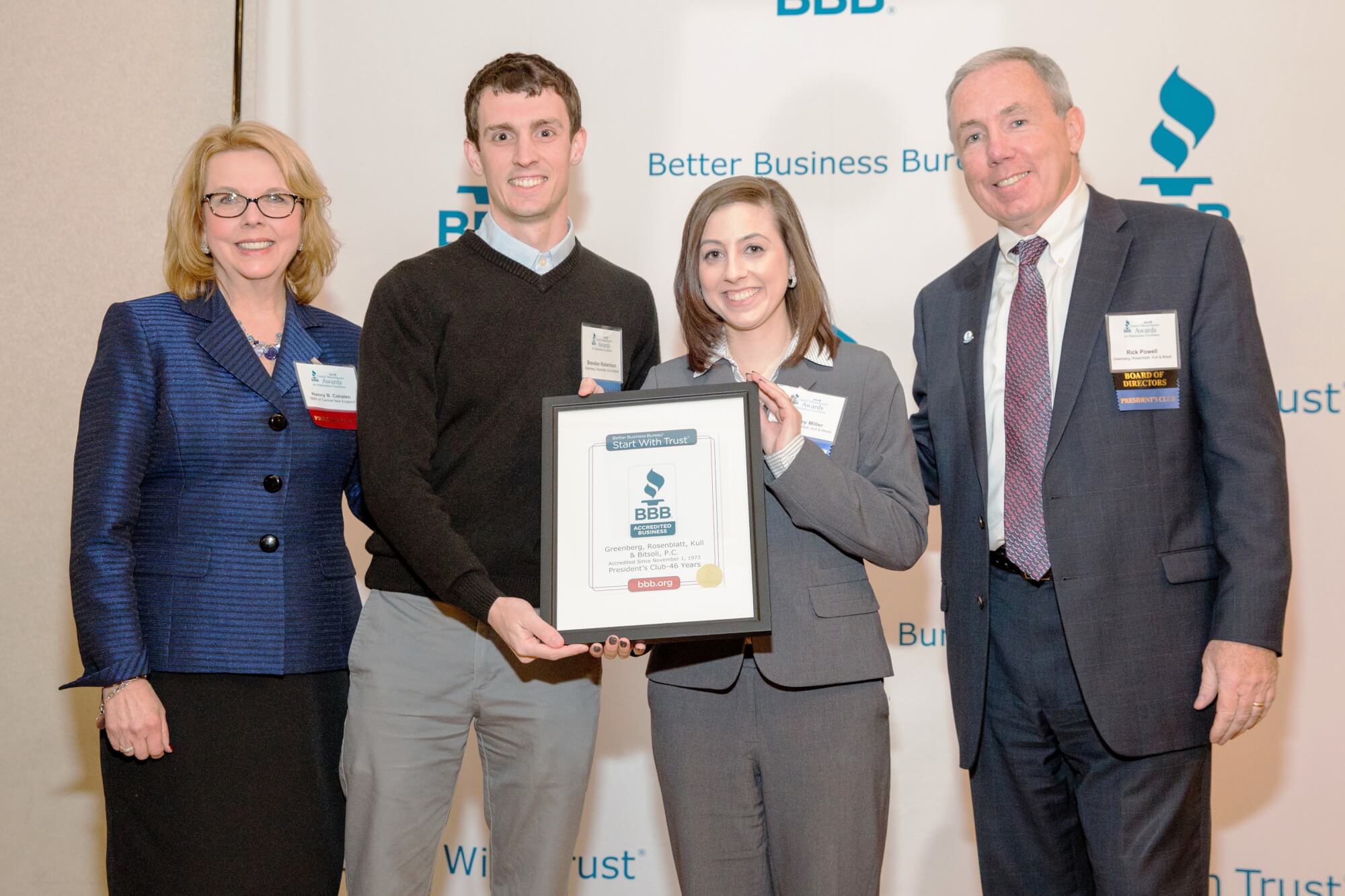IR-2021-30, February 5, 2021
WASHINGTON — The Internal Revenue Service reminds taxpayers to avoid “ghost” tax return
preparers whose refusal to sign returns can cause a frightening array of problems. It is
important to file a valid, accurate tax return because the taxpayer is ultimately responsible for
it.
Ghost preparers get their scary name because they don’t sign tax returns they prepare. Like a
ghost, they try to be invisible to the fact they’ve prepared the return and will print the return and
get the taxpayer to sign and mail it. For e-filed returns, the ghost preparer will prepare but
refuse to digitally sign it as the paid preparer.
By law, anyone who is paid to prepare or assists in preparing federal tax returns must have a
valid Preparer Tax Identification Number, or PTIN. Paid preparers must sign and include their
PTIN on the return. Not signing a return is a red flag that the paid preparer may be looking to
make a fast buck by promising a big refund or charging fees based on the size of the refund.
Unscrupulous tax return preparers may also:
• Require payment in cash only and not provide a receipt.
• Invent income to qualify their clients for tax credits.
• Claim fake deductions to boost the size of the refund.
• Direct refunds into their bank account, not the taxpayer’s account.
The IRS urges taxpayers to choose a tax return preparer wisely. The Choosing a Tax Professional
page on IRS.gov has information about tax preparer credentials and qualifications. The IRS
can help
identify many preparers by type of credential or qualification.
No matter who prepares the return, the IRS urges taxpayers to review it carefully and ask
questions about anything not clear before signing. Taxpayers should verify both their routing
and bank account number on the completed tax return for any direct deposit refund. And
taxpayers should watch out for preparers putting their bank account information onto the
returns.
Directory of Federal Tax Return Preparers with Credentials and Select Qualifications
Beware of “ghost” preparers who don’t sign tax returns | Internal Revenue Service Page 1 of 2
https://www.irs.gov/newsroom/beware-of-ghost-preparers-who-dont-sign-tax-returns 2/18/2021
Taxpayers can report preparer misconduct to the IRS using IRS Form 14157, Complaint: Tax
Return Preparer (PDF). If a taxpayer suspects a tax preparer filed or changed their tax return
without their consent, they should file Form 14157-A, Tax Return Preparer Fraud or Misconduct
Affidavit PDF .



